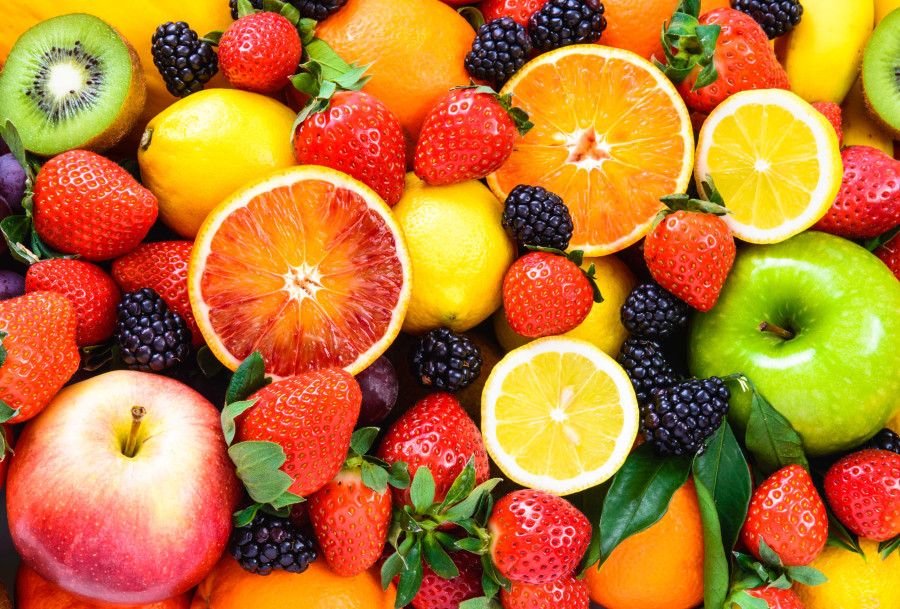Money
Quality standards for fruit juices and nectars upgraded
Notification was made to the World Trade Organisation of the new sanitary and phytosanitary measures through the Agriculture Ministry, officials say.
Krishana Prasain
The government has updated the quality standards for fruit juices and beverages besides introducing new standards for juice made from fruit nectar.
A Cabinet meeting on July 1 approved the latest specifications which are in the process of being published in the Nepal Gazette, officials said.
In June last year, the Quality Determining Committee formed under the Food Act 1967 revised the quality standards for fruit juices and beverages, and prepared new standards for juice made from fruit nectar to bring them in line with international standards and to maintain quality and safety.
Mohan Krishna Maharjan, spokesperson for the Department of Food Technology and Quality Control, said that the quality standards and new standards would go into effect after they are published in the Nepal Gazette.
“We have updated the parameters that will help to regulate safety and quality,” Maharjan said. "The new standard has focused on fruit content. The fruit juice should be 100 percent fruit juice and no water should be added in it."
The department said that the new quality standards would apply to all types of fruit juices and beverages including imported products.
"The Cabinet gave its endorsement after notification was made to the World Trade Organisation of the new sanitary and phytosanitary measures through the Ministry of Agriculture and Livestock Development," Maharjan said.
As the World Trade Organisation was fine with the new standards, they were sent for Cabinet approval.
Sanitary and phytosanitary measures ensure that the food sold to consumers is safe to eat.
“If the juices do not match the new standards, action will be taken against the manufacturer as per the Food Act according to which offenders face a Rs50,000 fine or five years' imprisonment or both,” Maharjan said.
The standards would have come earlier, but it took a year to get them approved by the Cabinet due to political changes, said the department.
Mandatory quality standards have been determined for 135 different food items so far.
As per the proposed updated quality standards for fruit juices and beverages, the fruit juice content in fruit beverages made from lemon or lime should be at least 5 percent by weight. For fruit beverages made from other fruits, the fruit content should be not less than 10 percent.
The proposed standards say that fruit juice needs to be packaged in material determined by food grade and sealed properly. The labelling should be according to the Food Regulation 1970. The labelling should state the percentage of fruit juice besides processed temperature, high pressure processed and other information.
The total soluble solids tested by a refractometer should be at least 10 degrees Brix at 20 degrees Celsius by weight; and for rigid containers like cans, glass and plastic bottles and jars, the fill of the container with the volume of stagnant water should not be less than 90 percent.
Once the fruit juice has been produced, it should not be reprocessed and repackaged.
The beverage should be free of peel oil, fruit essence and other external parts of the fruit. Contaminant and toxin residues should be as set by the government.
If the nutritive sweetener weighs more than 15 gram per kg, the fruit juice will not be considered as 100 percent fruit juice; and it should be stated on the packet that the product is sweetened fruit juice.
As per the new standards, nectar juice should have the goodness of the related fruits. The nectar should not have any inappropriate smell.
For nectar of fruits like pineapple and orange, the fruit content should be a minimum of 40 percent on the basis of weight; and in case of other fruit juices, the content should be a minimum of 20 percent. Fruit nectar that has been used should not be reused.
Fruit juices should meet the hygiene, procession and microbiological standards set by the government.
The production, procession, packaging, handling, storage and transportation of fruit juice needs to be determined by the Ministry of Agriculture and Livestock Development.




 9.7°C Kathmandu
9.7°C Kathmandu















